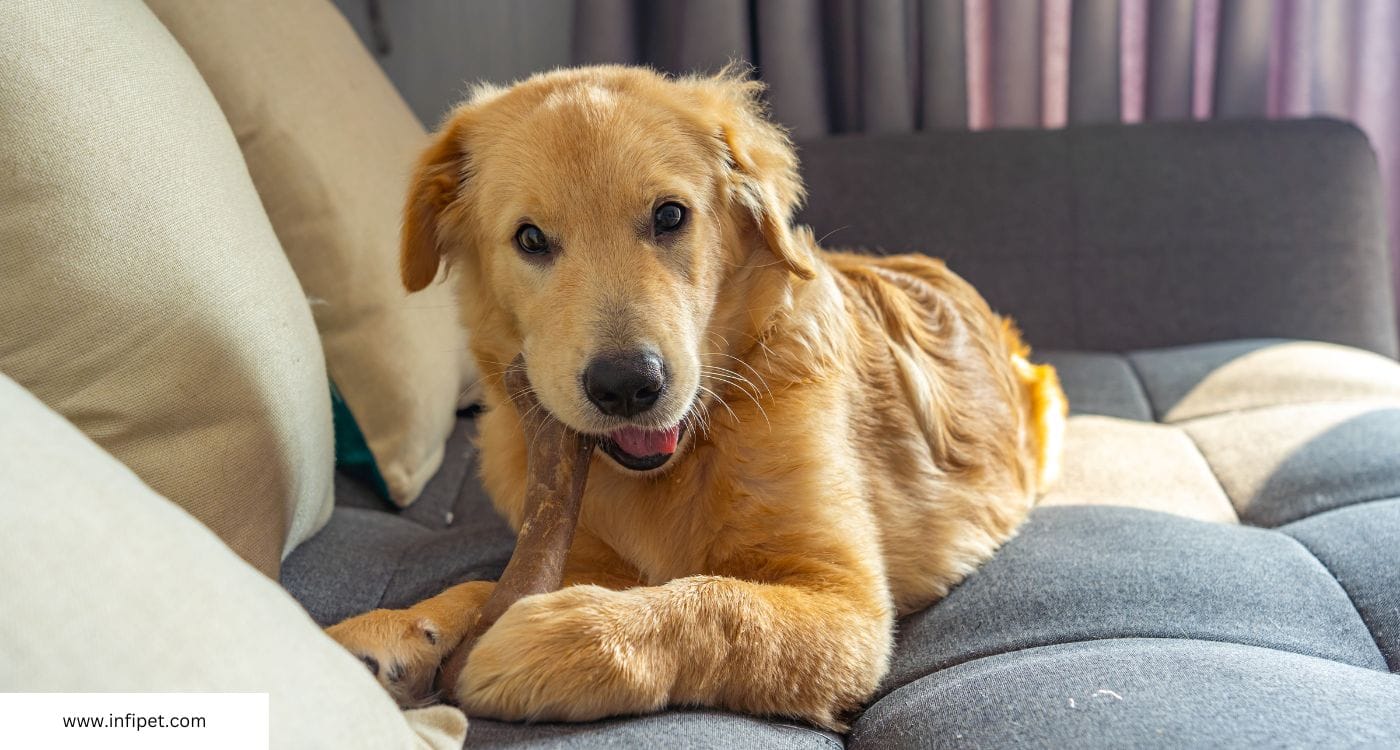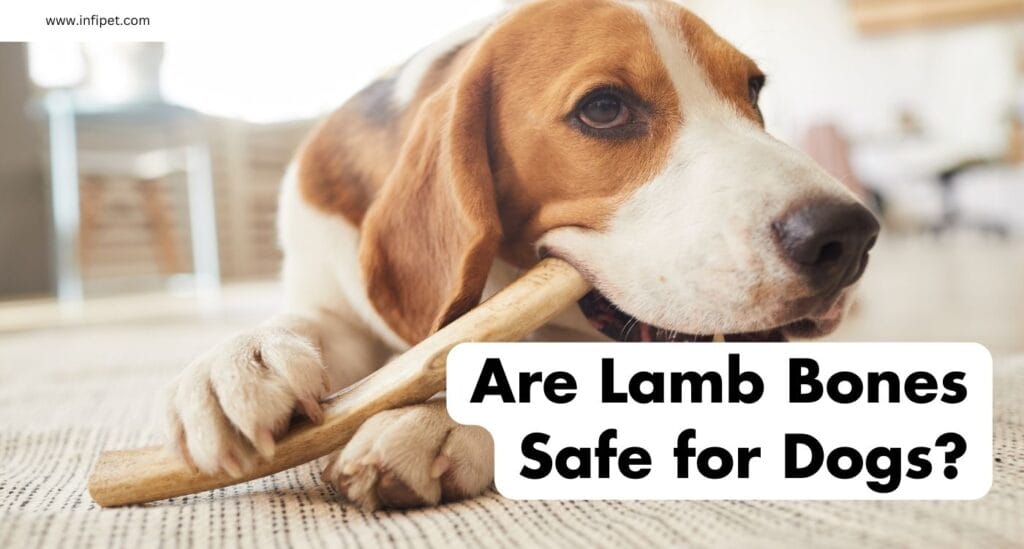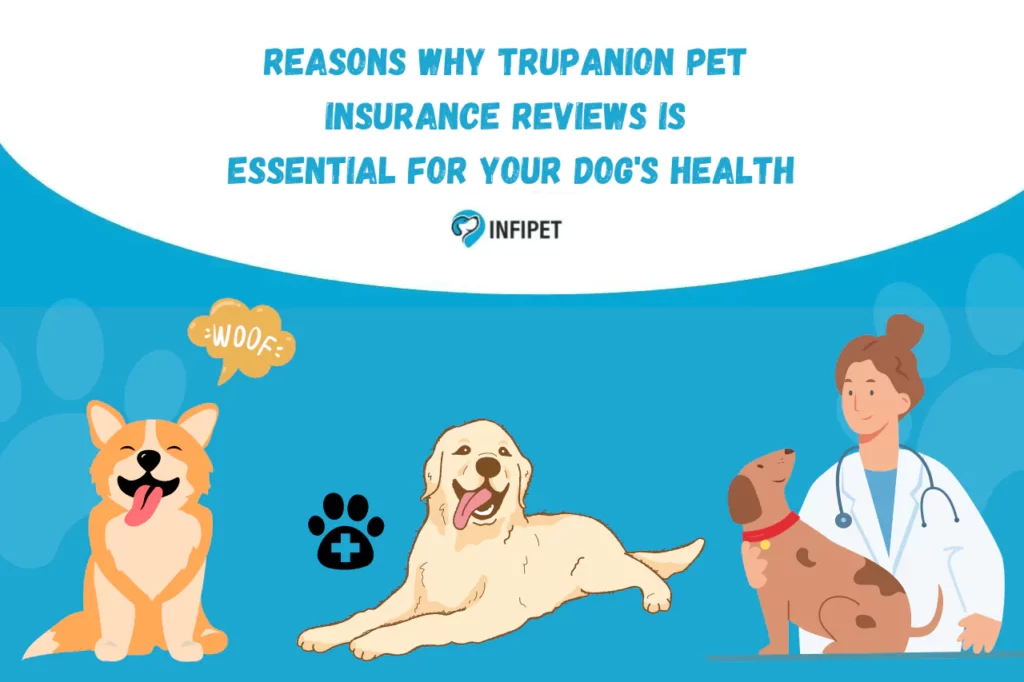As we delve into the topic of whether lamb bones are safe for our furry companions, it’s crucial to understand the potential risks and benefits associated with this common practice. Dogs, known for their love of chewing, often enjoy gnawing on bones as a natural behavior. However, not all bones are created equal when it comes to safety.
“Are lamb bones safe for dogs?” is a question that many pet owners ponder, considering the potential hazards that bones can pose to their beloved pets. In this article, we will explore the safety aspects of feeding lamb bones to dogs, shedding light on the importance of making informed decisions regarding our pets’ diets and well-being.
By gaining insight into the risks and benefits of offering lamb bones to dogs, we can better protect our furry friends from potential harm while still providing them with enjoyable chewing experiences. Let’s navigate through the facts and considerations surrounding this topic to ensure the safety and happiness of our canine companions.
Table of contents
Understanding Dog Nutrition and Chewing Habits
Dogs have a natural instinct to chew, which is essential for their mental and physical well-being. This behavior helps them relieve stress, prevent boredom, and maintain healthy teeth and gums. When it comes to nutrition, bones play a crucial role in providing essential minerals like calcium and phosphorus, promoting strong bones and overall health in dogs.
In addition to the nutritional benefits, chewing on bones can also improve dental health by reducing plaque and tartar buildup. This natural chewing action helps to keep their teeth clean and gums healthy, preventing dental issues that can lead to discomfort and potential health problems.
By understanding the importance of dog nutrition and chewing habits, pet owners can make informed decisions about the types of bones they offer to their furry companions.
Providing safe and appropriate bones, such as raw bones that are suitable for chewing, can enhance their overall well-being and satisfy their natural urge to chew, promoting a happy and healthy lifestyle for our beloved canine friends.
Cooked vs. Raw Bones
When considering the types of bones to give your dog, it’s crucial to understand the differences between cooked and raw bones. Cooked bones can splinter easily, posing a significant risk of causing internal injuries to your furry friend. On the other hand, raw bones are softer and less likely to splinter, making them a safer option for your dog to chew on.
Raw bones also offer additional benefits beyond safety. They are a great source of essential nutrients like calcium and phosphorus, which are vital for your dog’s bone health. However, it’s important to supervise your dog while they chew on raw bones to prevent any potential choking hazards or digestive issues.
By choosing raw bones over cooked ones, you can provide your dog with a safe and nutritious chewing experience that supports their dental health and overall well-being. Remember, always consult with your veterinarian to ensure you are making the best choices for your pet’s health and safety.
Are Lamb Bones Safe for Dogs?
Lamb bones are a popular choice for dog owners due to their flavor and potential benefits for dogs’ dental health. However, it’s essential to understand the risks associated with giving your dog lamb bones.
When it comes to the safety of lamb bones for dogs, there are some important considerations to keep in mind. While dogs may enjoy chewing on lamb bones, they can pose a significant risk of splintering, especially when cooked. These sharp splinters can cause internal injuries, leading to serious health issues.
Despite the potential risks, lamb bones can provide benefits such as being a natural source of essential nutrients like calcium and phosphorus. These nutrients are crucial for maintaining your dog’s bone health and overall well-being.
To ensure the safety of your dog, it’s recommended to avoid giving them lamb bones altogether. Instead, opt for safer alternatives like raw bones or specially designed chew toys.
By prioritizing your dog’s safety and well-being, you can provide them with a healthy and enjoyable chewing experience without the risks associated with lamb bones.
Signs of Bone-Related Issues in Dogs
Understanding the signs of bone-related issues in dogs is crucial for their well-being. If your dog has ingested a harmful bone, there are specific symptoms to watch for. These may include vomiting, diarrhea, lethargy, abdominal pain, or difficulty defecating. If you notice any of these signs, it’s essential to act promptly.
Immediate steps to take if a dog shows signs of distress include contacting your veterinarian immediately. They can provide guidance on the next steps to ensure your dog’s health and safety. In some cases, emergency medical attention may be necessary to address any internal injuries caused by bone ingestion.
Being vigilant about these signs and taking quick action can make a significant difference in your dog’s recovery. Remember, prevention is key when it comes to keeping your companion safe and healthy. By staying informed and proactive, you can help your dog avoid the risks associated with consuming bones, including lamb bones.

Safe Alternatives to Lamb Bones
When considering safe alternatives to lamb bones for your furry friend, there are plenty of options to choose from that can keep your dog happy and healthy. Safe chew toys and treats are excellent alternatives that provide mental stimulation and satisfy your dog’s natural urge to chew. Look for toys made of durable materials like rubber or nylon that are specifically designed for chewing.
Opting for treats such as dental chews or natural bones can also be a great choice. These treats not only promote dental health but also offer a tasty reward for your pup. When selecting a chew toy or treat, consider your dog’s size, age, and chewing habits to ensure it’s suitable and safe for them to enjoy.
The benefits of these alternatives go beyond just keeping your dog entertained. They can help reduce plaque buildup, alleviate teething discomfort, and prevent destructive chewing behavior. By providing safe alternatives to lamb bones, you can protect your dog from potential risks while still allowing them to indulge in their chewing instincts. Remember, a happy and healthy pup is a well-chewed pup!
Expert Opinions and Veterinary Advice
Insights from veterinarians on feeding bones to dogs are crucial when considering the safety of lamb bones for your dog. Veterinarians generally advise caution when offering bones to dogs, emphasizing the potential risks of splintering and digestive issues. While some may argue that raw bones are safer due to their natural state, cooked bones, including lamb bones, can pose serious hazards to dogs.
Veterinary experts recommend avoiding cooked bones altogether, as they are more likely to splinter and cause internal injuries. Instead, they suggest opting for safer alternatives like rubber chew toys or specially designed dental treats. These alternatives not only provide a safe chewing experience but also offer dental benefits for your dog.
When it comes to the question, “Are lamb bones safe for dogs?” veterinarians unanimously agree that cooked bones, including lamb bones, should be avoided. Prioritizing your dog’s safety and well-being by following expert advice can prevent potential bone-related issues and ensure your furry friend stays healthy and happy. Remember, consulting with a veterinarian for personalized advice tailored to your dog’s specific needs is always the best course of action.
Conclusion
Recapping the key points discussed throughout this article, it’s evident that the safety of lamb bones for dogs is a topic of concern among pet owners. Understanding the risks associated with cooked bones, including lamb bones, is crucial in ensuring the well-being of our furry companions. Veterinary experts unanimously advise against feeding cooked bones to dogs due to the potential hazards they pose, such as splintering and digestive issues.
In conclusion, when pondering the question, “Are lamb bones safe for dogs?” it’s best to err on the side of caution and opt for safer alternatives like rubber chew toys or dental treats. Prioritizing your dog’s safety and health should always be the top priority. Remember, consulting with a veterinarian for personalized advice tailored to your dog’s specific needs is the most reliable course of action. By following expert guidance and making informed choices, you can help your beloved pet enjoy a safe and fulfilling chewing experience.



